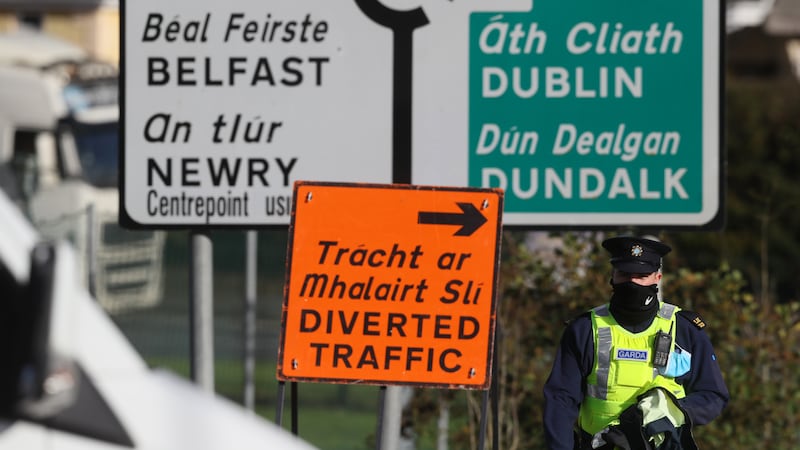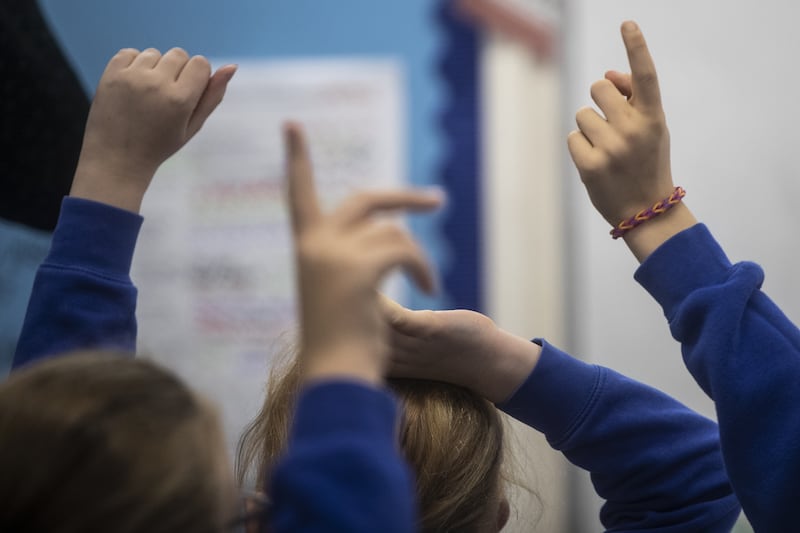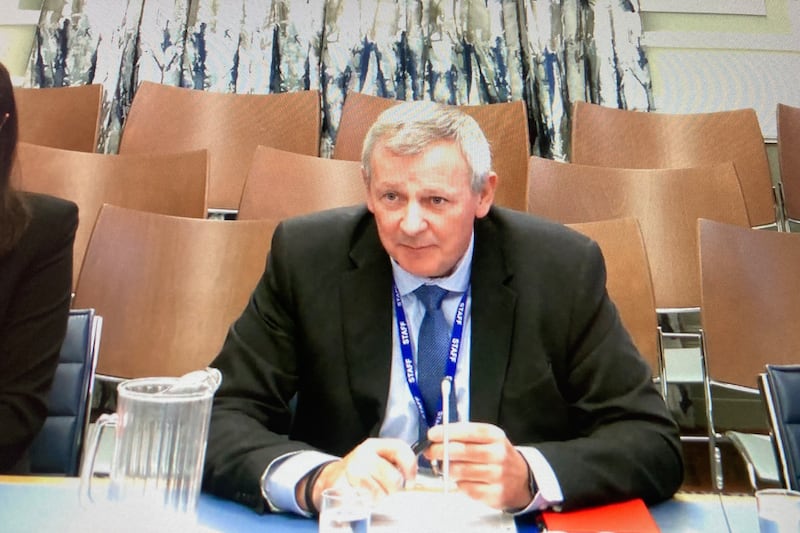THE furore over examination results revealed the attainment gap between children is still largely determined by the socio-economic divide.
Even the much-touted algorithm could not diminish this but rather give it magnification.
The minister's awareness of this as an endemic problem within our education system found confirmation in his convening of yet another task group on the education divide, with particular reference to achievement gaps between free school meals entitlement pupils - an accepted proxy for social disadvantage - and others in the attainment of five or more GCSEs (A*-C) including English and maths.
I say `yet another' because recent years have witnessed a plethora of enquiries and working groups on the theme including at the highest political levels.
They include the assembly education committee inquiry into Successful Post-Primary Schools Serving Disadvantaged Communities and, at community level, the Dawn Purvis inspired inquiry into Educational Disadvantage and the Protestant Working Class.
Each produced numerous `calls for action' and yet the problems remain, seemingly deserving, of yet another process of deep-seated analysis and doubtless a costed action plan to remedy the matter.
Is this latest task group a new minister's desire to cut deeper into the problem than any of his predecessors or yet another report doomed to gather dust through departmental inaction? Unfortunately, past evidence suggests the latter. I say this for three main reasons.
Firstly, the analysis of pupil underachievement linked to socio-economic factors is not a new pursuit. Rather it has occupied the minds of educationalists not just in Northern Ireland but globally for a
long time - perhaps dating back to the emergence of the effective schools' movement in the 1980s. As one leading academic commenting on the 2011 inquiries remarked, "I had a head of black hair
when I started this". This long-winded scrutiny has produced more policy initiatives and recommendations to create a medium sized library and yet the solving of the issue remains stubbornly elusive.
Second, our political structures and culture are not conducive to the long term evidenced driven action which the problem of underachievement requires. Changes in political priorities usually driven by the emergence of new agendas eg Brexit and/or new economic circumstances eg the financial crisis of 2009 and beyond usually result in the `eye being taken off the ball' and the problem left for later governments to tackle, signalled usually with the setting up of yet another task force.
The truth is that with the exception of the voluntary/charitable sector eg Sutton Trust, Rowntree, and in the US such philanthropic bodies as the Wallace Foundation, there is rarely in government/political circles the long term, unbending pursuit of the problem and consequently, the problems remains. Even our mandatory coalition arrangement which has the two main parties permanently in government has failed to provide the context for strategic and sustained action on educational disadvantage.
Thirdly, pupil underachievement resides largely in the territory of `known-knowns'. The canvas is vast and not without dilemmas and there is scope for choice of actions yet report after report and enquiry after enquiry have churned out the areas that need to be addressed - teacher efficacy, leadership, pupil self-esteem, the impact of attendance, peer group, parental involvement, government funding, early years intervention, pre-school for all.
The list is endless yet there is more consensus than disagreement. Nor is there an absence of guidance on how the schooling system as a whole can be reformed to deliver on the holy grail for all education systems of both `excellence and equity' - with the publication in 2007 and 2010 of the McKinsey's reports into `The world’s best performing schooling systems' and `How the world's most improved schooling systems keep getting better'.
However, reform and improvement, let alone eradication, remains stubbornly elusive. Perhaps the greatest challenge for this latest task group is not so much the content of what will be recommended but rather the identification of the political, communal, economic conditions that will ensure action on the reform agenda which it will champion.
Although the terms of reference go some way in acknowledging this necessity by asking the panel for deliverable actions, the requirement that these are deliverable within the current economic and political context generates a likelihood that the actions will be piecemeal, short term, subject to the vagaries which political disagreement (eg academic selection) and economic changes can bring and far removed from what Dawn Purvis demanded in 2011, "a long-term, strategic and sustainable focus".
Perhaps we need another expert group to determine how best to ensure a connect between evidence-based recommendations and government follow through?
:: Dr Tom Hesketh is the former director of the Regional Training Unit and previous chair of departmental working groups on school development planning, pupil self-esteem and leadership.








